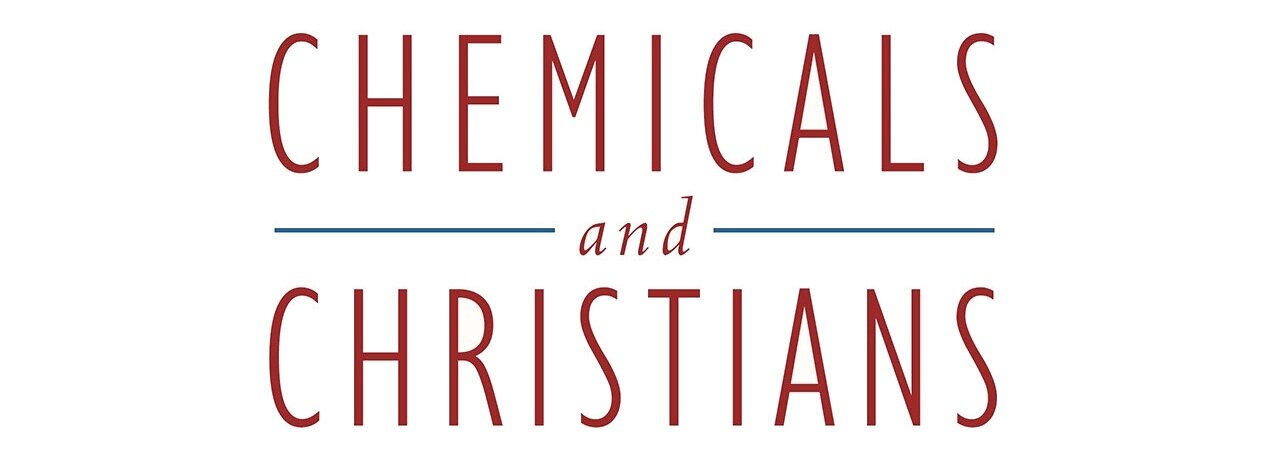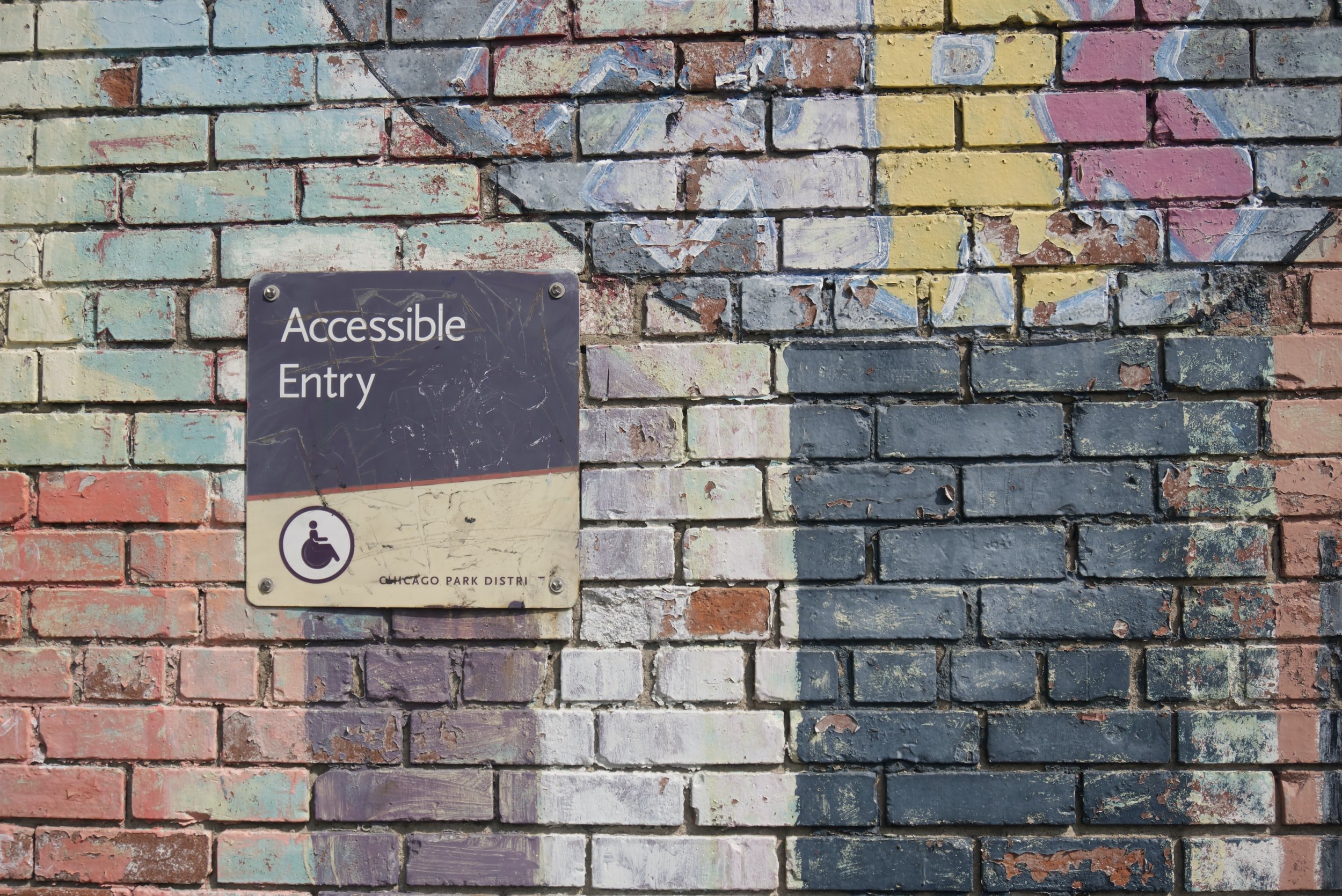In a previous post about the Americans with Disabilities Act (ADA) I made a brief comment about churches being mostly exempt from the law, but I didn’t give the reason. Simply put, religious organizations are exempt because they fought to be.
I knew that, but assumed it was only because of financial concerns. Recently, though, someone in one of my online support groups posted a link to an eye-opening article and I learned I was wrong.
The author, Shannon Dingle, notes that the representative for an association of Christian schools argued for exemption because religious institutions are “morally required . . . to discriminate against carriers of AIDS where AIDS was incurred through immoral conduct.” In other words, the argument was that it was morally right to deny access to people with chronic illnesses and disabilities because of the possibility that some people’s challenges might be their own fault. That’s a truly amazing and appalling line of reasoning.
The representative also argued that “nothing has been shown to indicate that there is a national necessity to apply the ADA Bill to churches, religious schools, and other ministries.” Nothing? How about the teachings of the Bible?
How about the story of the Good Samaritan in Luke 10? Jesus compared his compassionate concern to the actions of religious leaders who ignored the needs of someone with an injured body. How about Jesus’s anger at the money changers in the temple (Mark 11)? They were keeping a group of people from accessing their place of worship while the religious elite were able to worship freely in theirs.
What about passages like Ezekiel 34? God says to the religious leaders, “You have not taken care of the weak. You have not tended the sick or bound up the injured. . . . You abandoned my flock and left them to be attacked by every wild animal.” What about Matthew 25? God says that when we meet or ignore the needs of those who are sick or otherwise suffering, it’s as if we’re doing it to him.
The fact that churches aren’t required to provide access to people with disabilities leads them to forget we exist. I don’t think the average church leader or member has any idea how many of us there are (26% of all adults in the United States) or how completely inaccessible places of worship tend to be.
It's no surprise that there’s a great deal of emotional pain among the chronically ill and disabled from being systematically shut out of church. Whether or not government requires them to do the right thing (the actual right thing, not the right thing as it was defined in the exemption argument), every church has the choice, and disabled people are acutely aware of the choices that are made.
Dingle puts it this way: “Disabled people didn’t leave the church. The church didn’t even leave us. No, we were never welcome.”
She adds, “It takes all the forgiveness we can find to love churches that didn’t want us. . . . Hopefully, someday the church will love us back.”


